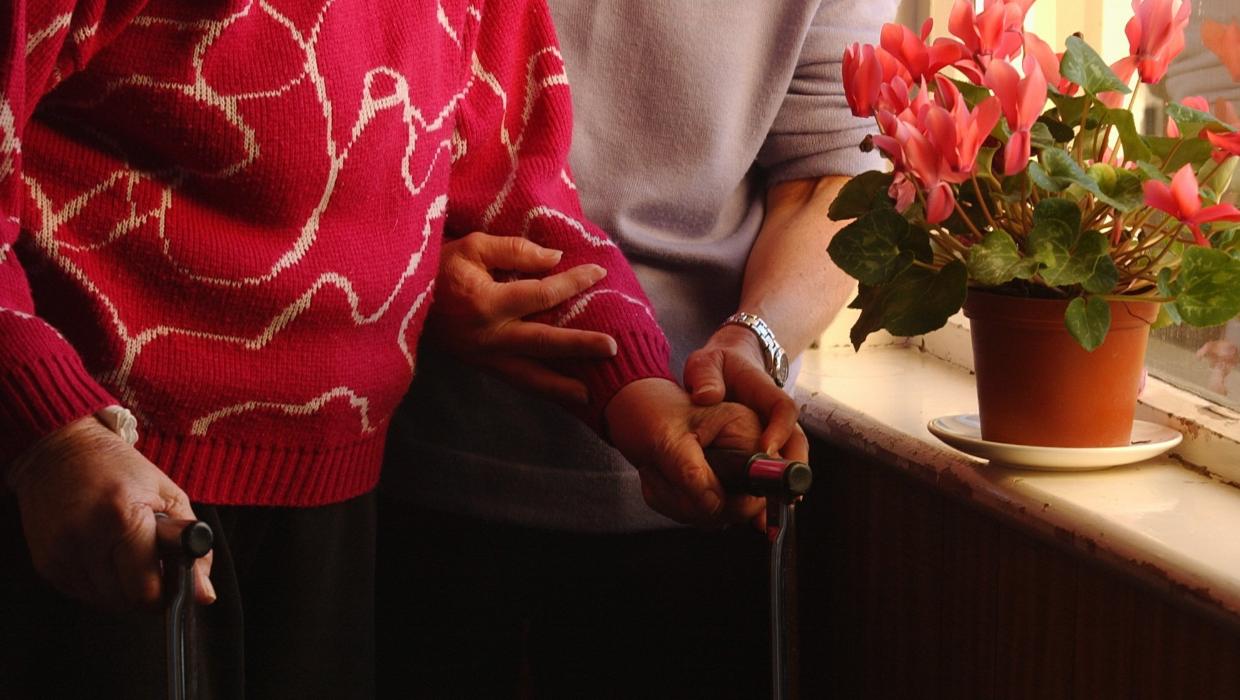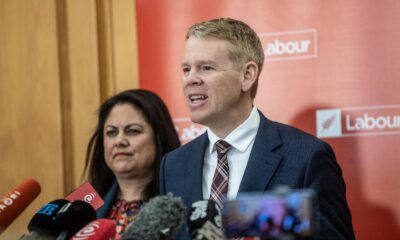Top Stories
New Zealand Faces Alzheimer’s Crisis as Patient Numbers Double

New Zealand is bracing for a crisis as the number of Alzheimer’s patients is expected to double by 2030, with community-based support organizations struggling to keep pace. Currently, over 50,000 individuals in the country are living with Alzheimer’s, and experts warn that the healthcare system is ill-prepared to meet the growing demand for care and resources.
The concerns were raised by the Alzheimer’s Association and various dementia support organizations, which reported that they are “woefully underfunded and under-resourced.” Dr. Sarah Johnson, a leading expert in dementia care, highlighted the urgent need for government intervention to bolster funding and support services. She stated, “Without immediate action, we will face a significant gap in care that will impact not only patients but their families and communities.”
Funding Shortfalls Impact Care Services
According to data from the Health Ministry, community-based dementia services are currently funded at just $1.2 million annually, a figure that has not grown in over five years. This funding shortfall leaves organizations struggling to provide adequate support, leaving many families to navigate the complexities of Alzheimer’s care on their own.
As the population ages, the forecasted increase in Alzheimer’s cases presents a substantial challenge for New Zealand’s healthcare system. The country’s aging demographic is a significant factor, with the number of individuals aged over 65 expected to rise dramatically in the coming years. Experts project that by 2030, the number of Alzheimer’s patients could reach over 100,000.
The lack of resources not only affects patient care but also places a heavy burden on families. Many caregivers report feeling overwhelmed and unsupported, often sacrificing their own health and well-being to care for loved ones. This situation calls for an immediate review of funding allocations to ensure that essential services can expand to meet the increasing need.
Call for Government Action
Leaders from various health organizations are urging the government to prioritize dementia care in its upcoming budget discussions. They argue that increased funding for Alzheimer’s support is not just a healthcare issue but a societal one that requires a coordinated response.
“Investing in dementia care today is essential for a sustainable future,” stated Dr. Johnson. “We need a comprehensive strategy that addresses both immediate needs and long-term solutions.”
The Alzheimer’s Association has proposed several measures aimed at improving care, including enhanced training for healthcare professionals, increased funding for community support programs, and public awareness campaigns to reduce stigma associated with dementia.
As New Zealand prepares for the projected rise in Alzheimer’s cases, the call for action is clear. The government must step up to ensure that those affected by this disease receive the care and support they deserve. Without adequate resources and funding, the impact on families and the healthcare system could be catastrophic.
-

 Sports2 months ago
Sports2 months agoNetball New Zealand Stands Down Dame Noeline Taurua for Series
-

 Entertainment2 months ago
Entertainment2 months agoTributes Pour In for Lachlan Rofe, Reality Star, Dead at 47
-

 Entertainment4 weeks ago
Entertainment4 weeks agoNew ‘Maverick’ Chaser Joins Beat the Chasers Season Finale
-

 Sports6 days ago
Sports6 days agoEli Katoa Rushed to Hospital After Sideline Incident During Match
-

 Sports2 months ago
Sports2 months agoSilver Ferns Legend Laura Langman Criticizes Team’s Attitude
-

 Politics1 month ago
Politics1 month agoNetball NZ Calls for Respect Amid Dame Taurua’s Standoff
-

 Entertainment2 months ago
Entertainment2 months agoKhloe Kardashian Embraces Innovative Stem Cell Therapy in Mexico
-

 Sports4 days ago
Sports4 days agoJamie Melham Triumphs Over Husband Ben in Melbourne Cup Victory
-

 World3 months ago
World3 months agoPolice Arrest Multiple Individuals During Funeral for Zain Taikato-Fox
-

 Sports3 months ago
Sports3 months agoGaël Monfils Set to Defend ASB Classic Title in January 2026
-

 Entertainment1 month ago
Entertainment1 month agoTyson Fury’s Daughter Venezuela Gets Engaged at Birthday Bash
-

 Sports1 month ago
Sports1 month agoHeather McMahan Steps Down as Ryder Cup Host After Controversy

















